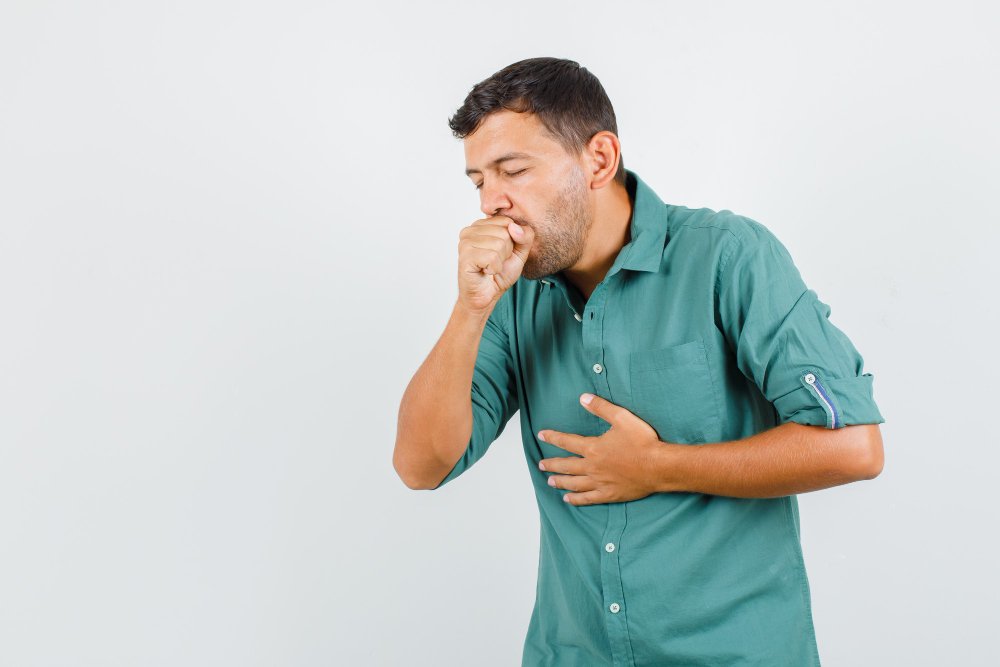What is COPD?
COPD, or chronic obstructive pulmonary disease, is a long-term lung condition. It makes it hard to breathe. Many people with COPD have symptoms that get worse over time. However, with the right care, you can manage COPD and improve your quality of life. According to the World Health Organization, COPD is a leading cause of illness worldwide. It affects millions of people each year.
Common Symptoms of COPD
Early signs of COPD may be mild. Over time, symptoms often become more noticeable. For example, you may notice:Shortness of breath, especially during activityChronic cough that does not go awayFrequent coughing with mucusWheezing or noisy breathingChest tightnessFeeling tired or lacking energy
Sometimes, symptoms flare up suddenly. These flare-ups can be serious and may need medical attention.
Causes and Risk Factors
Most cases of COPD are linked to long-term exposure to harmful particles or gases. The main causes and risk factors include:Smoking tobacco (the leading cause)Exposure to secondhand smokeAir pollution at home or workGenetic factors, such as alpha-1 antitrypsin deficiencyHistory of frequent lung infections in childhood
Even if you do not smoke, you can still develop COPD. For instance, people exposed to dust or fumes at work are also at risk.
How COPD is Diagnosed
Doctors use several steps to diagnose COPD. Early diagnosis can help you get the right treatment. Here is how COPD is usually diagnosed:Review of your medical history and symptomsPhysical exam to check your lungsSpirometry test to measure how well you breatheChest X-ray or CT scan to look at your lungsBlood tests to rule out other conditions
If you have ongoing breathing problems, talk to your doctor. Early testing can make a big difference.
Treatment and Management Options
While there is no cure for COPD, many treatment options can help manage symptoms. With the right plan, you can live better with COPD. Treatment options include:Medications such as inhalers and bronchodilatorsOxygen therapy for severe casesPulmonary rehabilitation programsVaccinations to prevent lung infectionsSurgery in rare, advanced cases
Doctors will create a plan based on your needs. Regular check-ups are important to track your progress.
Lifestyle Tips for Living with COPD
Managing COPD at home is possible with healthy habits. Here are some tips to help you feel better every day:Quit smoking and avoid secondhand smokeStay active with gentle exercises, like walkingEat a balanced diet to keep your strengthPractice breathing exercises to improve airflowKeep your home free from dust and strong fumesFollow your doctor’s advice and take medicines as prescribed
Additionally, joining a support group can help you stay motivated and connected.
Prevention Strategies
Here’s the customized version for Niramayah Mediclinic:
Although not all cases can be prevented, you can lower your risk of COPD. Consider these prevention strategies:Do not start smoking, or quit if you do.Avoid exposure to air pollution and chemicals.Use protective gear at work if needed.Get vaccinated against flu and pneumonia.Visit Niramayah Mediclinic for regular lung health check-ups.
By taking these steps, you can protect your lungs and enjoy a healthier life.
In summary, COPD is a serious but manageable condition. Early diagnosis, proper treatment, and healthy habits can make a significant impact. Consult our experts at Niramayah Mediclinic for personalized advice on COPD management and care.
This version integrates the clinic’s name and invites patients to consult the clinic for more personalized care.


